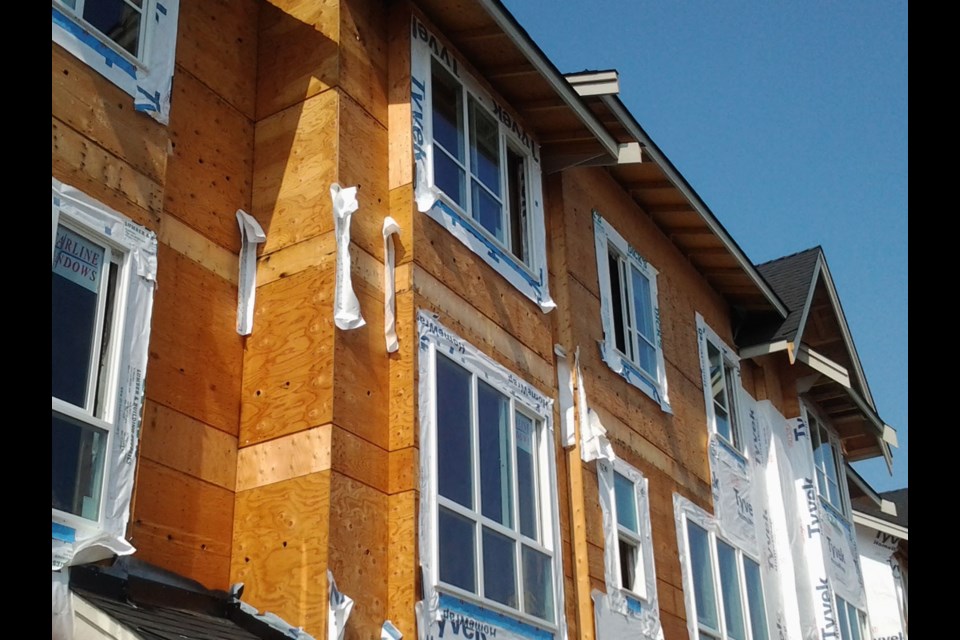Local governments can help ease affordable housing developments by easing development processes, waiving property taxes and providing land, Union of BC Municipalities (UBCM) conference delegates heard Sept. 20.
The province currently has about 65,000 units of affordable housing, said Lilian Chau, executive director of Entre Nous Femmes Housing Society.
That could have been 600,000 had the provincial government de-invested in such housing over the past four decades, she said.
“It was pretty significant de-investment,” she said. “There really was no money to invest in affordable housing. That 600,000 deficit is part this this crisis.”
However, that is the past and now affordable housing organizations are working with partners, including local and provincial governments to get the affordable housing stock to where it could be.
“Building affordable housing or any kind of housing is cost-intensive,” she said.
Chau identified several things municipalities can do to assist affordable housing projects:
- have a single local government staff point of contact;
- waive permitting fees;
- move projects straight to permitting phases without public hearings;
- waive property taxes; and,
- provide land.
Both Chau and Sarah Ellis of the Squamish Community Housing Society said working on those issues can create partnerships between housing providers and government.
Ellis also suggested getting community organizations such as the local chamber of commerce on board to help.
Moreover, both agreed, giving projects a break on fees, taxes and land can put the focus on providing affordable housing by relieving major cost burdens.
“Property tax is one of the biggest pieces,” Lau said. “It could make or break your project.”
In some communities such as Victoria, Langford, Saanich and Kelowna, Lau said, grants have been given to offset fees.
As well, projects can be given letters of credit to ensure that other project parts such as landscaping or parking work proceeds as needed.
Lau suggested leasing land rather than purchasing if that is the way a project is moving. That way, mortgage payments don’t impact the ability to provide affordable housing. A mortgage could mean including market housing to offset costs, she said.
Another move in some communities has been not having public hearings on affordable housing projects.
She said the idea of people in neighbourhoods opposing affordable housing is not new. She asked councillors to ask who is and is not in the room at such hearings.
“Public hearings are not meant to be a veto,” she told delegates.
Both Chau and Ellis stressed courageous leadership is a key part in moving affordable housing projects forward.
The UBCM is an umbrella group for the province’s municipalities, providing support to local governments. It also identifies issues of concern for those governments and communicates those to senior levels of government.




